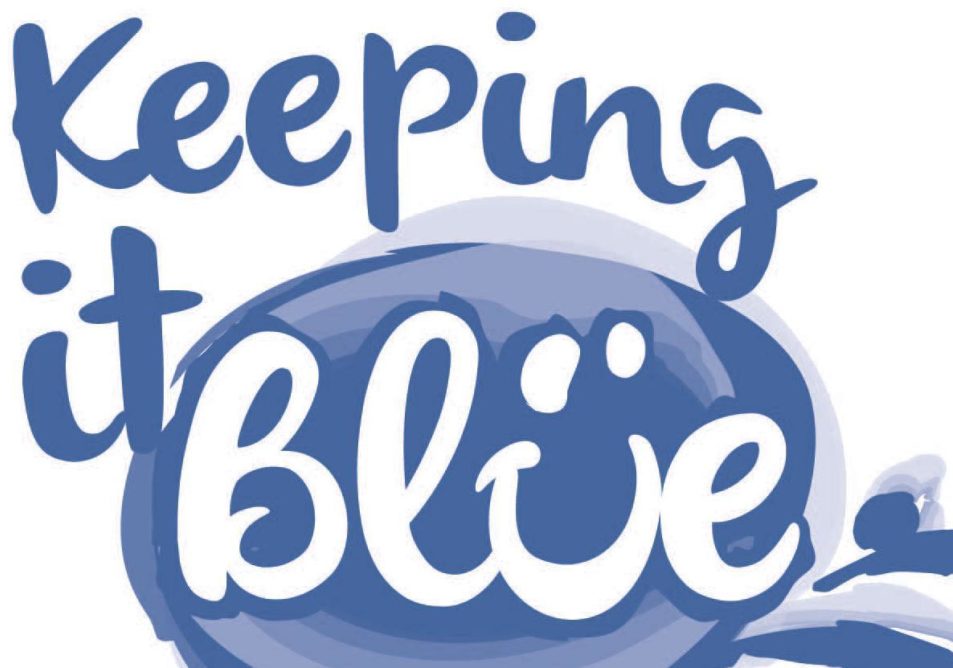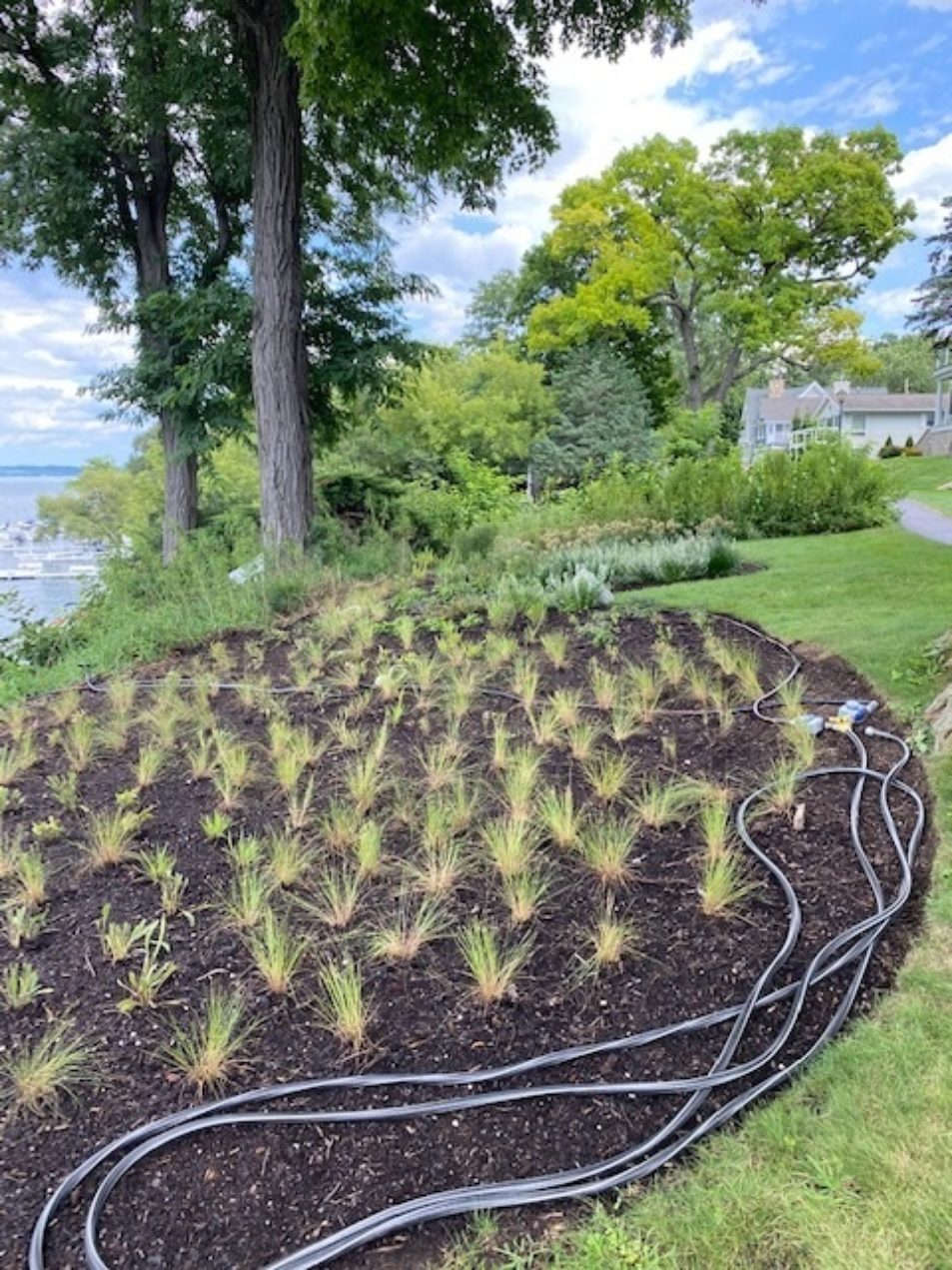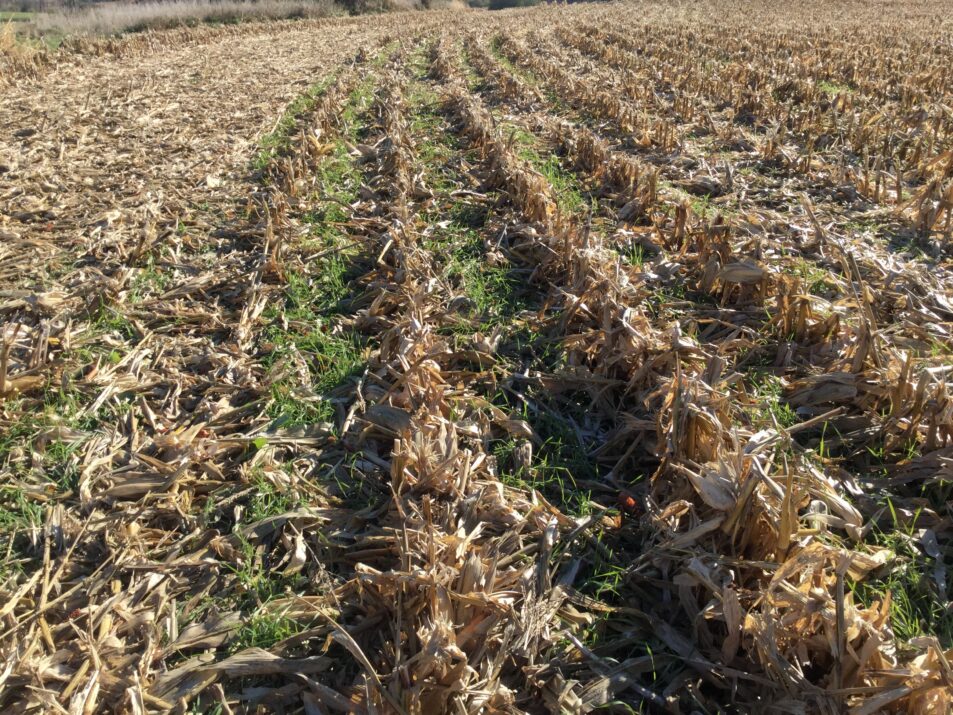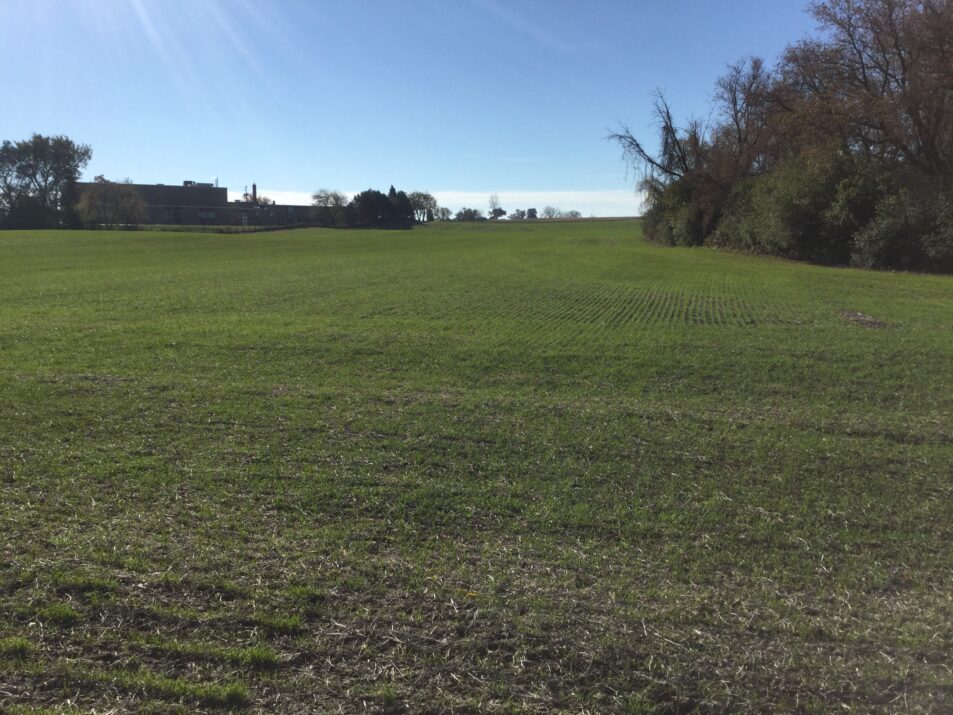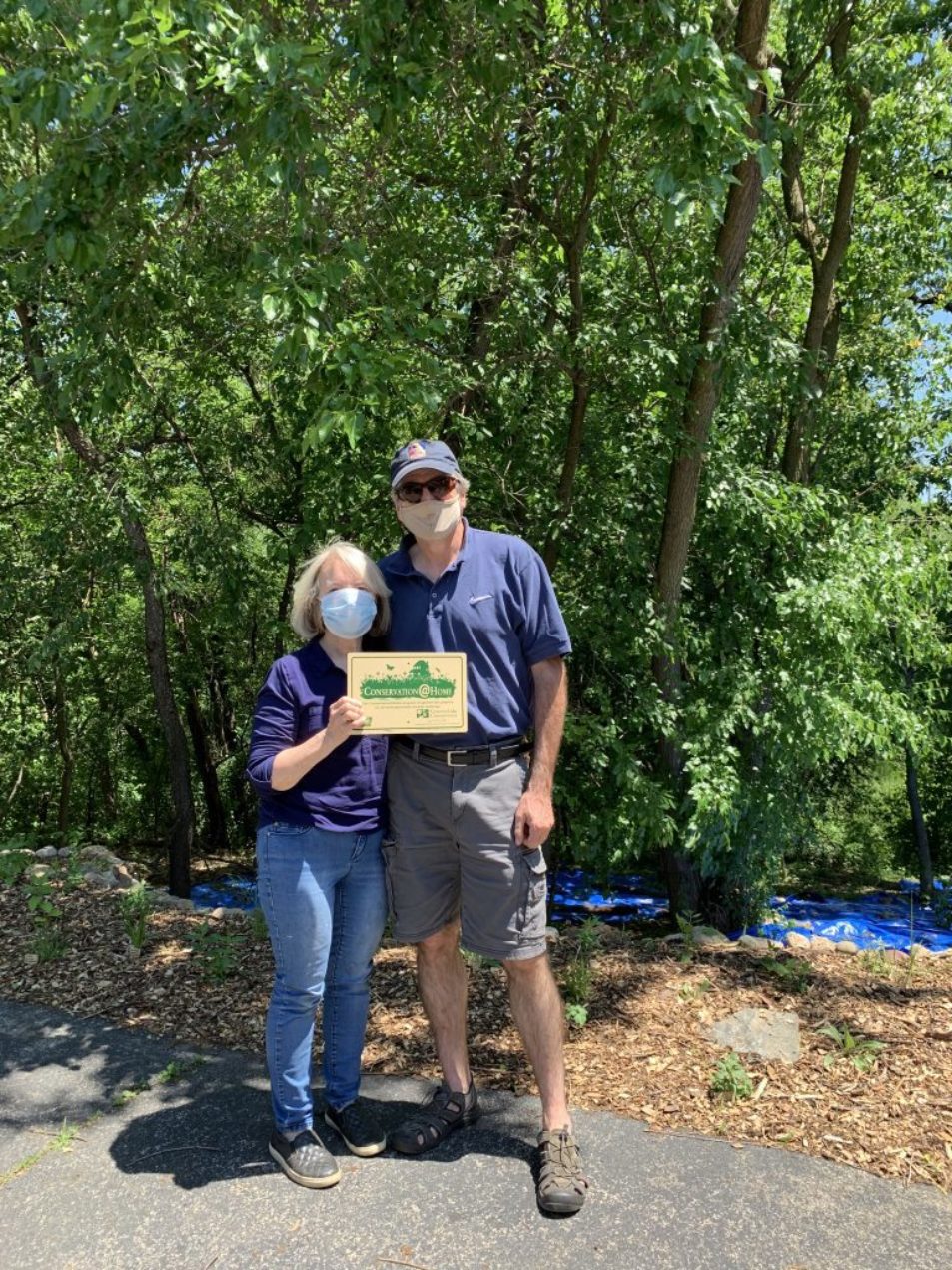For many, 2020 was a year to forget. But for a group of concerned residents and conservation professionals near Lake Geneva, the past year was a time to reflect on how they came together to build a partnership for the benefit of Geneva Lake. Social distancing requirements and remote work made routine tasks difficult, but these realities also created new opportunities for partnerships. By embracing alternatives to in-person meetings, and by focusing on opportunities to work together, a watershed group in Walworth County found ways to collaborate during a global pandemic.
For generations, Geneva Lake has lured families to its shores for summer fun. Residents and visitors alike enjoy the many recreational activities the lake has to offer, such as swimming, fishing and boating. The quality of the lake’s water and fisheries remains high, but the lake community is concerned about the stress put on the lake. Increased levels of rainfall; shoreline erosion; presence of invasive species; and the impact of residential, commercial and agricultural development all pose a threat to the water quality of Geneva Lake.
In January 2020 the Geneva Lake Conservancy, led by Executive Director Karen Yancy, convened a group of lake stakeholders at George Williams College located on the shores of Geneva Lake. This diverse group consisted of waterfront property owners, specialists from the Wisconsin Department of Natural Resources (DNR), conservation professionals from the Walworth County Land Conservation Department, representatives from the Southeastern Wisconsin Regional Planning Commission (RPC), a state legislator, and other interested citizens. Given the variety of issues impacting the lake, the group knew that it would take more than one person or organization to address them. Once assembled, the group set out to work collectively through the Water Alliance for Preserving Geneva Lake (the Alliance).
Although the pandemic halted in-person meetings, the group adapted and continued to meet regularly via Zoom. The Alliance created three subcommittees to address different challenges to the lake: Phosphorous and Sediment, Invasive Species, and Agricultural and Septic. The flexibility of the virtual meetings enabled continued progress toward the group’s goal of elevating awareness about the issues while engaging experts about solutions.
Throughout the year, the Alliance identified priorities and developed plans for next steps. Students from the University of Wisconsin-Whitewater collected water samples from multiple Geneva Lake tributaries during the growing season to gather information about the concentration of phosphorous and sediment reaching the lake. The RPC began developing a watershed plan, and an inventory of Geneva Lake tributaries commenced. The information gathered from these activities helped identify priority areas for conservation within the watershed.
The Alliance recognizes that lake protection efforts must address the challenges from all land uses. The group thoughtfully examined all issues, including agricultural and urban runoff, failing septic systems, invasive species, and shoreline habitat impacts on the lake. The group explored methods and tools to reduce sediment discharges from an active gravel pit in the watershed. The group mapped gully erosion in woodlands and neighborhoods for future action. In addition, local donations were secured to establish more than 230 acres of cover crops in the watershed to help reduce runoff from agricultural areas.
The Alliance also worked to raise awareness of these issues in the broader community. The group coordinated the “Keeping It Blue” column in the Lake Geneva Regional News to inform and encourage others to get involved in protecting Geneva Lake. “We have great authors in the Alliance,” said Karen Yancy. “This provided a way for the community to send in their questions and comments, and we had a great response.” Because more people were spending time at home during the pandemic, the group used the Geneva Lake Conservancy’s Conservation@Home program as another way to engage property owners. The program encourages landowners to become involved in conservation efforts and recognizes homeowners for their Earth-conscious choices.
Five volunteers, three of whom are master gardeners, met safely outdoors with property owners to discuss how yard improvements can benefit the lake. Nine rain gardens and more than 650 feet of shoreline buffer strips were completed on privately owned waterfront properties.
Over the past year, the Alliance’s membership expanded beyond its initial partners to include representatives from local municipalities, the UW-Whitewater, Geneva Lake Level Corp., and the Geneva Lake Association.
Going forward, the Alliance hopes to secure more funding for cover crop establishment and the installation of conservation practices. Once the watershed plan is complete, it will create more opportunities for funding and collaboration in priority areas. The Alliance will host soil health field in 2021 in the watershed, and more cover crops, rain gardens, and shore.
"Keeping It Blue" Series
View the collection of news articles written by members of the Water Alliance for Preserving Geneva Lake.
This story was featured in the DATCP 2020 Wisconsin
Report on Soil and Water Conservation. Special thanks to Brian Smetana for submitting the original story.

